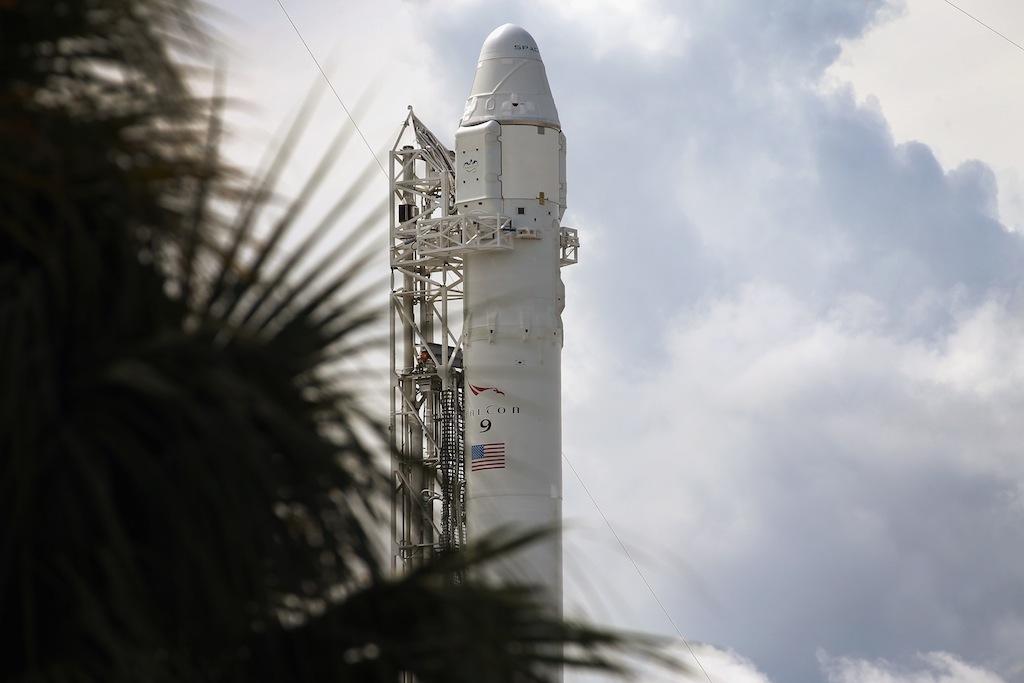Japan’s Epsilon rocket fails to launch
A SpaceX Falcon 9 rocket attached to the cargo-only capsule called Dragon sits on the lauch pad for a scheduled evening launch on October 7, 2012 in Cape Canaveral, Florida.
Japan failed Tuesday to launch a rocket into space after it was aborted 19 seconds before take-off.
The last-minute abort was apparently caused by an irregularity in the rocket posture, according to Japan Aerospace Exploration Agency (JAXA).
The exact cause of the problem is still under investigation by authorities and it is unclear if another launch will be scheduled.
"Finding the cause is our first and foremost task," said JAXA President Naoki Okumura in a news conference.
"We must examine what happened today, and our next launch depends on what we find out."
More from GlobalPost: China and Japan really don't like each other right now
The Epsilon rocket was the first new Japanese model since 2001.
It was hoped that it would replace the expensive H2A in launching satellites into space and make Japan more competitive in the multi-billion dollar space launch business that has been growing at a rapid rate in the last few years.
The rocket was not only cheaper, but smaller and faster to assemble than the older model.
It was also supposed to cut down on the number of staff it would take to make it function in space, having the ability to be completely controlled via a single laptop computer.
The Epsilon was carrying aboard it a space telescope designed to observe planets – the first of its kind.
Every day, reporters and producers at The World are hard at work bringing you human-centered news from across the globe. But we can’t do it without you. We need your support to ensure we can continue this work for another year.
Make a gift today, and you’ll help us unlock a matching gift of $67,000!
